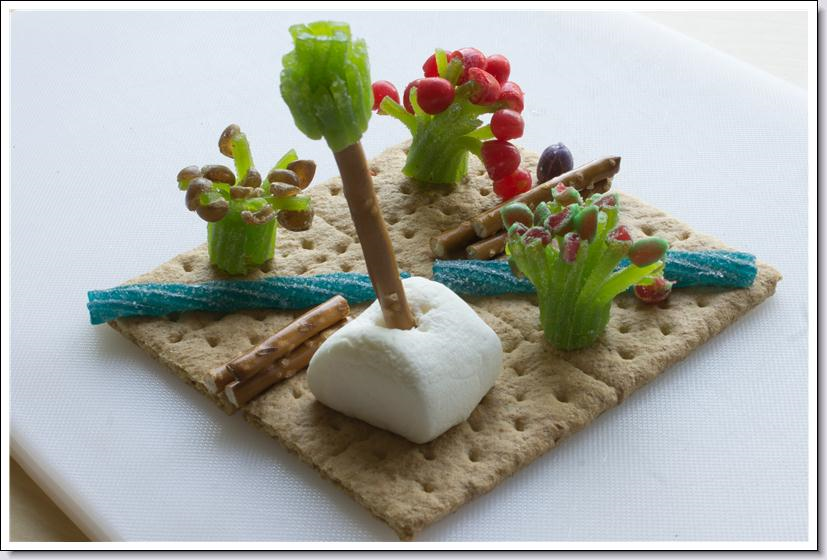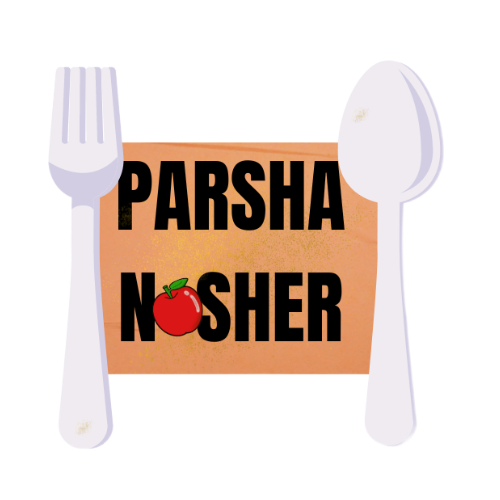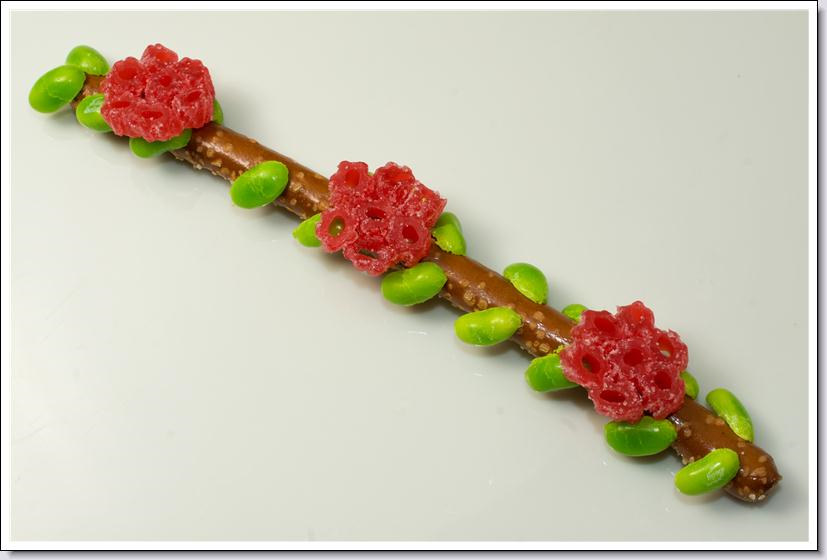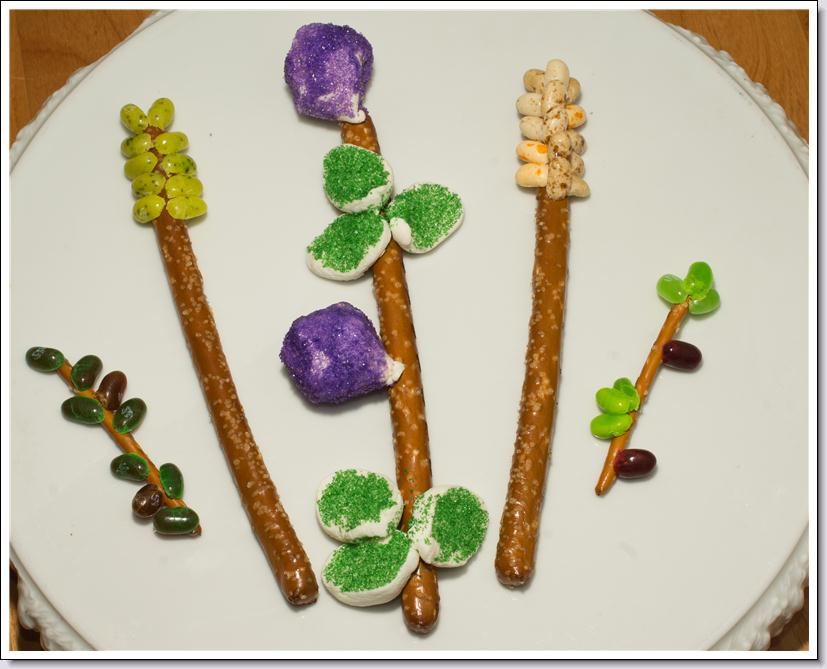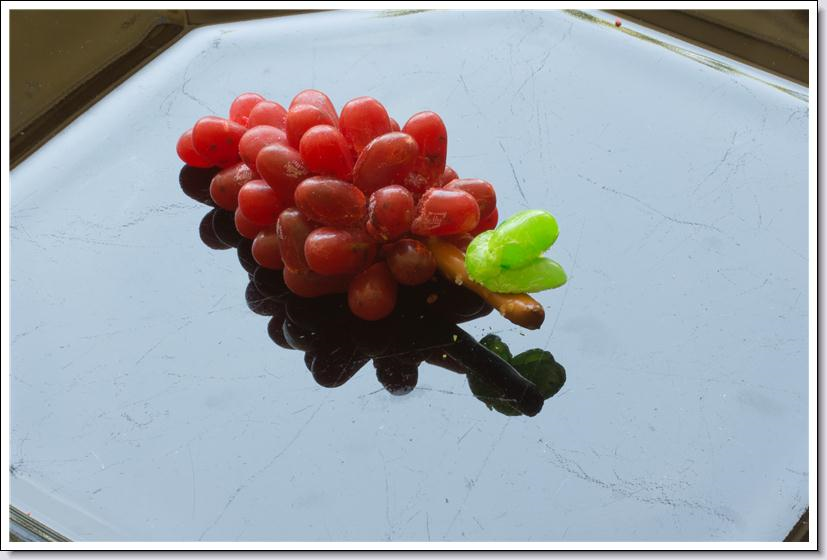| And it will be, after (lit. “on the heals of“) you hear these laws, and you keep them and obey them, then G-d your G-d will keep the covenant and the kindness with you, as he promised your ancestors. | Ve-haya, eikev tishmeun et hamishpatim ha-eile, ushmartem veasitem otam, veshamar ad-shem e-lokecha lecha et habrit ve-et hachesed asher nishba la-avotecha. | וְהָיָה עֵקֶב תִּשְׁמְעוּן אֵת הַמִּשְׁפָּטִים הָאֵלֶּה וּשְׁמַרְתֶּם וַעֲשִׂיתֶם אֹתָם וְשָׁמַר ה’ אֱל-יךָ לְךָ אֶת־הַבְּרִית וְאֶת־הַחֶסֶד אֲשֶׁר נִשְׁבַּע לַאֲבֹתֶיךָ׃ |
Torah Thought
In Parashat Eikev, the seven species native to Israel are described. They are:
- Wheat
- Barley
- Figs
- Dates
- Grapes
- Pomegranates
- Olives
Because these species are tied to the land of Israel, a special blessing is said after eating them (assuming no bread was involved, which requires a different after-blessing) in which we than G-d not only for the food, but for the land from which it originated.
Note: you can find quite a few recipes online using many or all of the 7 species.
Seven Species of Israel
Best, of course, would be to gather as many of the fresh or close to fresh species as possible, and have a feast! Maybe crackers and olives, with barley soup, followed by a nice fruit dessert.
Or just have one, or examine the after-blessing and look at its connection to Israel!
However, if you want to get crafty, here you go! Choose just one, or do many!
